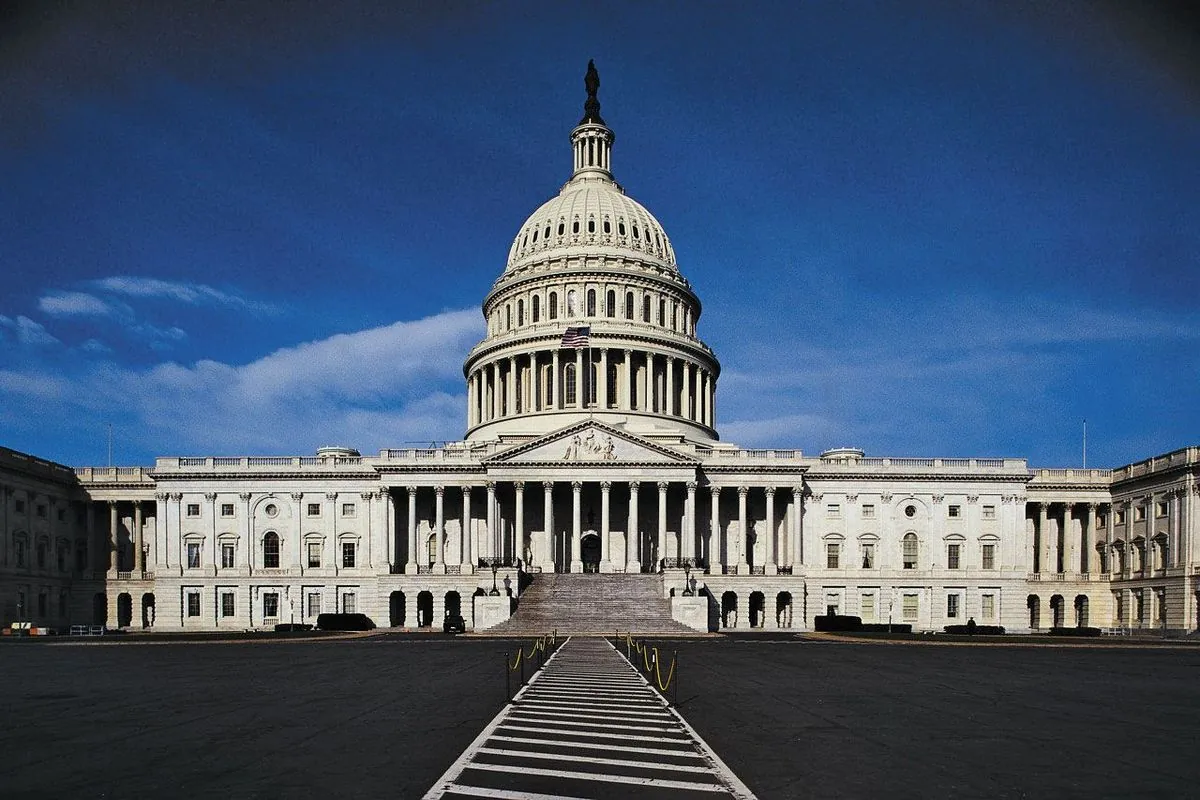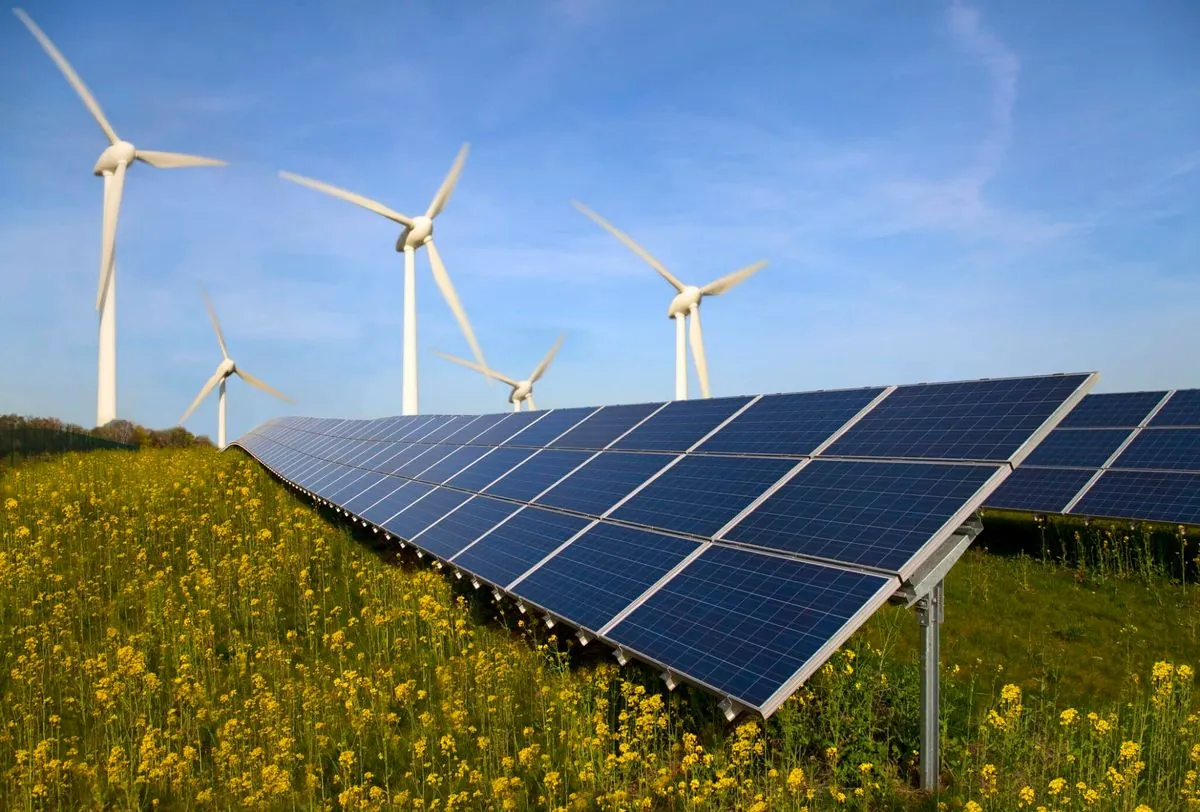Bipartisan Energy Bill Stalls as U.S. Election Looms
A crucial energy bill faces delays despite bipartisan support. The legislation aims to address power grid connection issues, but election-year politics hinder progress on this and other agreed-upon measures.

In the United States, bipartisan legislation often faces hurdles during election years, despite addressing critical issues. A prime example is the Energy Permitting Reform Act of 2024, introduced by Senator Joe Manchin and John Barrasso, which aims to tackle the growing backlog of energy projects awaiting grid connection.
The U.S. electrical grid, one of the largest interconnected machines on Earth, is struggling to keep pace with new energy projects. Wait times for grid connections have more than doubled since 2008, according to Evercore. This delay particularly impacts the transition to green energy, with 94% of pending projects at the end of 2023 being zero-carbon power initiatives.
The proposed bill seeks to streamline the permitting process for both renewable and fossil fuel projects. However, despite passing through committee with a strong 15-4 bipartisan vote on July 31, 2024, Senate Majority Leader Chuck Schumer has expressed doubts about its passage before the November 2024 election.

This gridlock highlights a broader issue in U.S. politics, where election-year dynamics often impede progress on agreed-upon measures. Other bipartisan proposals, such as increased tax breaks for parents and banking access for cannabis businesses in states where they are legal, face similar obstacles.
The delay in addressing these issues comes at a cost. A 2022 Princeton study estimates that about 80% of emissions reductions from President Joe Biden's climate law depend on solving grid connection problems. Currently, power interconnection growth hovers around 1% annually, less than half the needed pace.
The U.S. power grid, consisting of about 7,300 power plants and 160,000 miles of high-voltage power lines, loses approximately 5% of its electricity in transmission and distribution. Addressing these inefficiencies through legislation like the Energy Permitting Reform Act could significantly impact the nation's energy landscape.
As the 2024 election approaches, with polls fluctuating between former President Donald Trump and Vice President Kamala Harris, the tendency to postpone compromise for potential post-election advantages grows stronger. This political calculus, while understandable, leaves crucial bipartisan solutions in limbo, potentially delaying progress on issues vital to the nation's infrastructure and economy.
"We have a unique opportunity to pass meaningful permitting reform that will help unleash American energy production."
The Energy Permitting Reform Act of 2024 represents a critical juncture in U.S. energy policy. Its fate may serve as a litmus test for the ability of the political system to address pressing national issues in the face of electoral pressures.


































